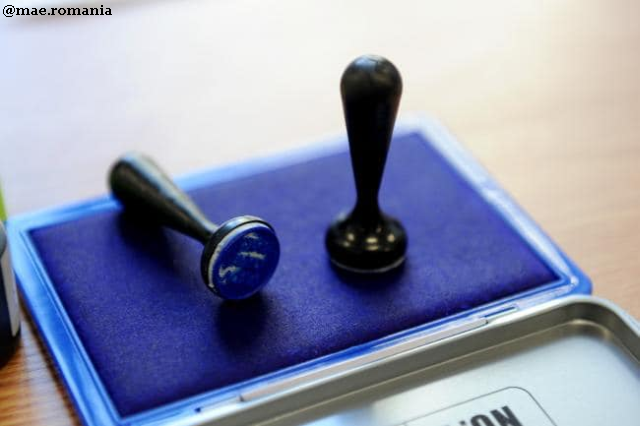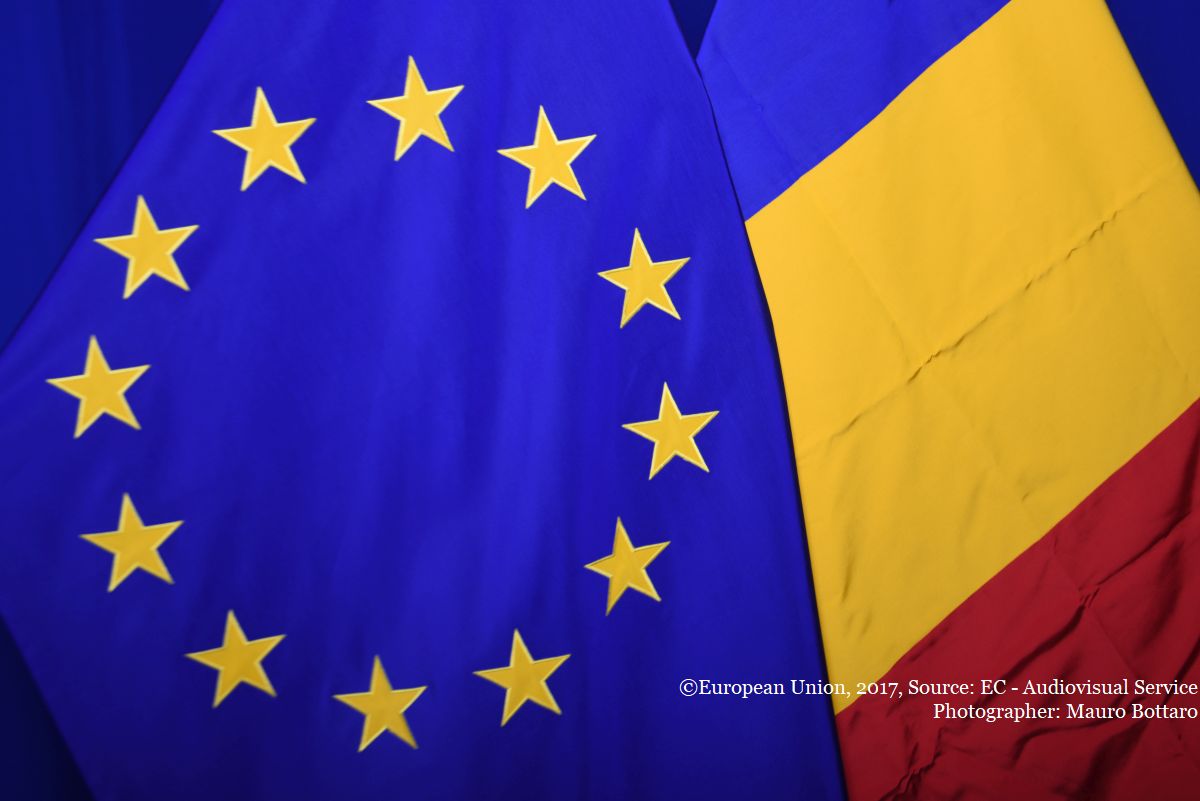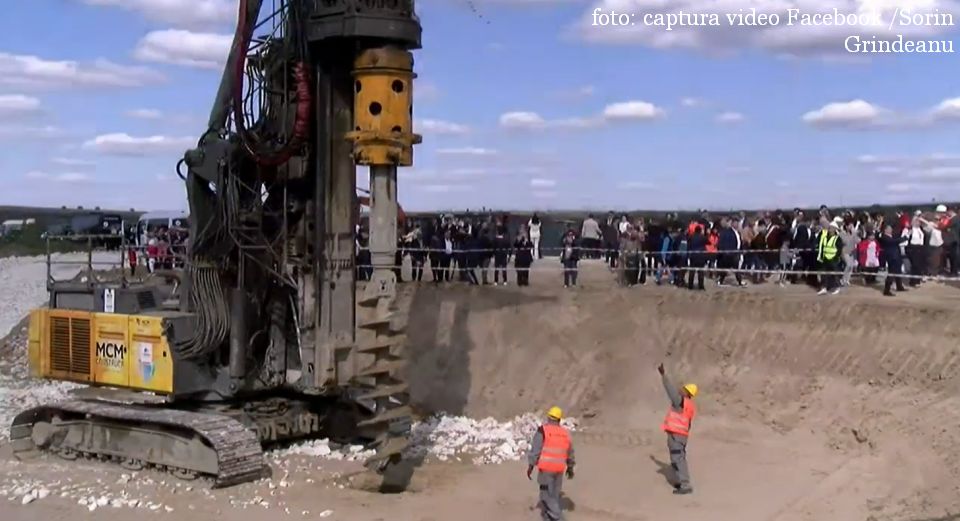Romania after the local and European Parliament elections
PSD and PNL remain the most important political parties in Romania after Sunday's local and European Parliament elections

Ştefan Stoica, 10.06.2024, 14:00
Romanian voters passed the most important test, that of their turnout, in the first episode of this year’s election marathon: over 9.4 million Romanians voted in Sunday’s ballot for the European Parliament and around 9 million in the local elections, which raised total turnout above 50%. According to data presented by the Central Electoral Bureau, most voters are aged 45-64, the fewest aged 18-24, while women voted in greater numbers than men. The parties of the ruling coalition, the Social-Democratic Party (PSD) and the National Liberal Party (PNL), advanced joint lists for the European Parliament, which were voted by over half of citizens who hit the polls. The alliance of Romania’s largest traditional parties is followed, at a great distance, by the ultra-nationalist sovereigntists from the Alliance for the Union of Romanians (AUR) and the United Right Alliance, created around the Save Romania Union (USR). The Democratic Union of Ethnic Hungarians (UDMR) was the last political party to secure representation in the upcoming European Parliament. The vote across the country confirms the supremacy of PSD and PNL, who secured most county councils. They are followed, still at a great distance, by AUR and the United Right.
In a landscape clearly dominated by mainstream parties, Bucharest continues to stand apart. The race for the mayor general’s office was won by the incumbent mayor, the independent candidate Nicuşor Dan, with over 40% of the vote. Social-Democrat Gabriela Firea hoped to return as Mayor General, but she lost by a great margin. Cristian Popescu Piedone also aspired to win the general mayor’s office. He lost, but attained his real goal: his party, the Social-Liberal Humanist Party (PUSL) secured representation in the Bucharest General Council, while Piedone’s son won the race for the Bucharest District 5 City Hall. In Cluj, the Liberal Emil Boc won his 6th term in office, USR mayor Dominic Fritz secured a new mandate in Timişoara, Craiova will continue to be administered by the Social-Democrat Lia Olguţa Vasilescu, while Liberal Vergil Chițac will remain mayor of Constanţa. To a large extent, political dialogue ahead of the presidential and parliament elections slated for later this year depends on the results of the local and European Parliamentary elections.
With respect to the European Parliament elections elsewhere in Europe, in ex-communist member states, the extreme right was less successful than in the West, Reuters reports. Far-right and extremist parties won the elections in France, where they caused a political earthquake, but also in Austria and Italy, and came second in Germany and the Netherlands. The Euro has already depreciated against the US Dollar, and Bloomberg says the deteriorating political climate in Europe is likely to add more pressure on the single currency. (VP)






























